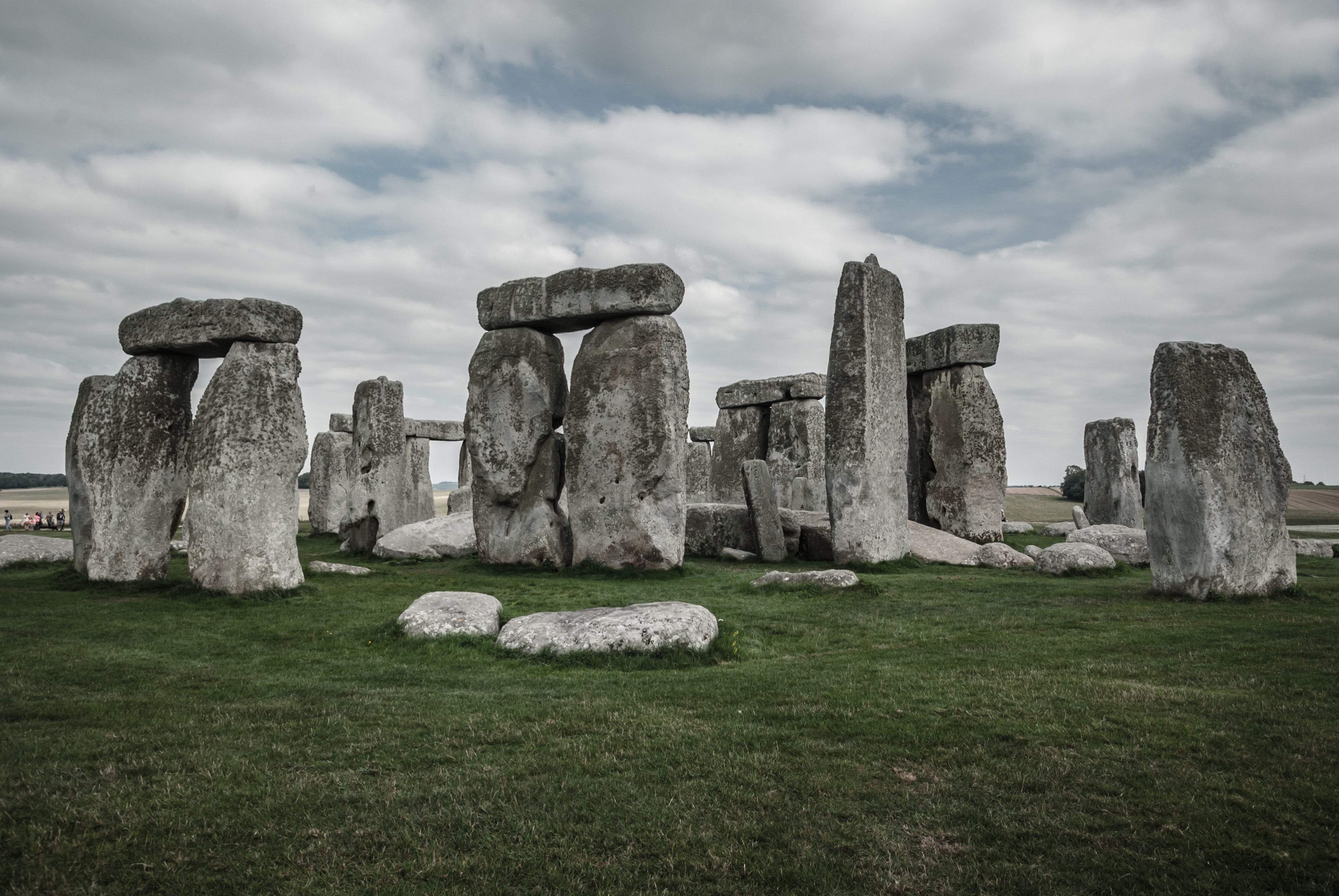Religion is a topic that has its roots embedded all over the world. You’d be hard-pressed to find a place on Earth that hasn’t been touched by this concept – it is estimated that there are 4,200 religions in existence. There are the well-known religions, the ones you instantly think of when asked to think of examples, such Christianity, Islam and Hinduism. Then there are the lesser-known ones. Wicca is one of these smaller, unknown religions – so unknown in fact that I only learned about it after I met someone who is Wiccan herself. Unfortunately, another side effect of being so incognito is the breeding of misconceptions, often damaging. When Wicca enters the spotlight, it is usually because of its dealings in magic, one of the major aspects of the religion. With the world’s obsession with fantastical reimaginations of the concept of magic, like Harry Potter, it comes as no surprise. But the way Wiccans understand and use magic is vastly different from what you initially may think. Furthermore, users of magic are called witches, a word that brings to mind many things – pointy hats, broomsticks and even Satanism for those in religious circles.
Wicca seems like a fantasy, straight out of the movies, but it’s more than real. So, let’s air out the broom closet, shall we?
What is Wicca?
Wicca is a Neopagan religion devised in the in the first half of the 20th century and was presented to the public in 1954 by Gerald Gardner, also known by the craft name Scire. The religion’s structure was designed and published by Gardner and Doreen Valiente and was kept under lock and key, it passing along only to those they initiatied. Gardnerian Wiccans, people who can trace initiatory descent from Gardner himself, tend to stick to these traditions and guidelines, but Wicca is not only limited to this – over time, the religion developed many other versions, called eclectic traditions. The religion is typically regarded as duotheistic as Wiccans worship a God and a Goddess, the Horned God and the Moon Goddess. But again, this isn’t the case for all Wiccans. The religion is very personal to the practitioner.
FUN FACT: Gardner travelled to and resided in Cyprus after his retirement in 1936, during which he wrote A Goddess Arrives before returning to England.
Allan, a man in his 60s, is Wiccan. He lives in Aberystwyth, an ancient market town in Wales, with his wife who also professes the same faith. At the time of writing this, he is in Kazakhstan doing process safety work for oil and gas companies/ On the surface, he seems like a normal man. He agreed to tell me about Wicca and his life.
“Ask three people, get three answers,” he replied after I asked him about what Wicca is. “Basically, I see it as a religion based on reverence for nature, expressed through ritual.
“I was initiated in 1981, so that’s 38 years. The cheap answer as to what led me there is that my girlfriend at the time joined a coven and I followed her in, but in reality we’d both been Pagans for some time before that – we had a particular liking for visiting standing stones, such as Stonehenge and Avebury. Becoming Wiccan was just a way of formalising that.
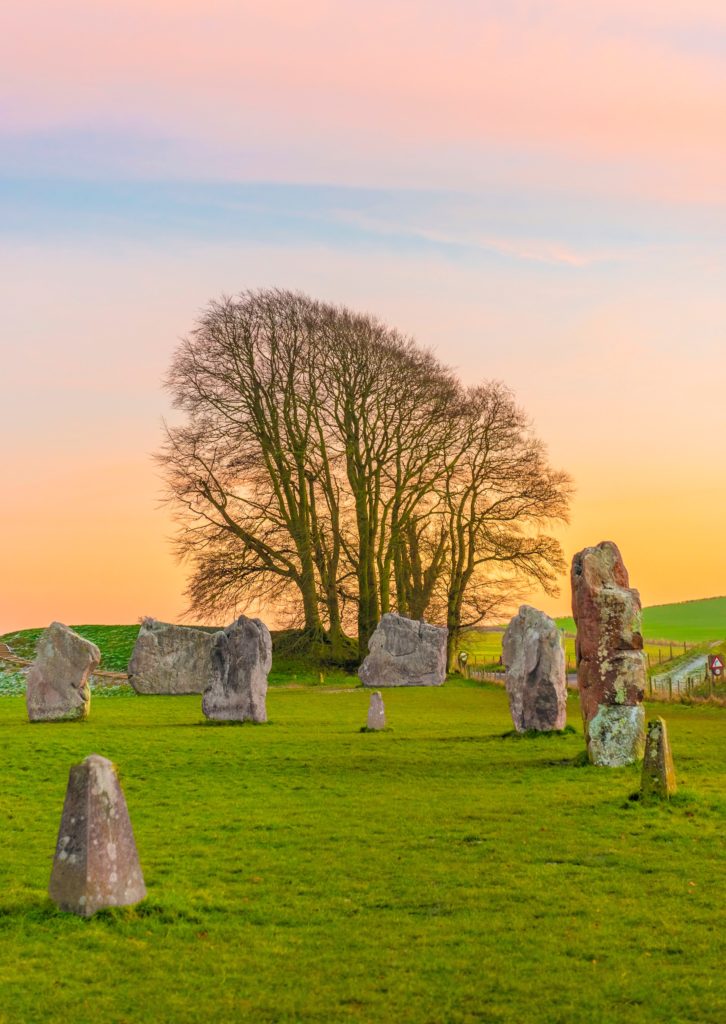
“That girlfriend and I eventually married, and some time after we moved to Wales, we ‘hived’ from the coven we were in and set up our own. We’re of Gardnerian lineage, but pretty open-minded in our approach to things. The group is pretty stable – only one member has been in the coven for less than a decade. We celebrate the eight Sabbats with various rituals, but don’t formally meet much beyond that. Of course, members meet up outside of that fairly frequently anyway – Aberystwyth is only a small town. If there’s a particular healing that needs doing, for instance, we won’t necessarily wait until the next Sabbat but will do it as and when.”
In Wicca, followers may choose to practice solitarily or in groups, called covens. Covens are usually formed from ‘mother’ covens in a process called ‘hiving’ – a member, or members, of the coven request(s) permission from the High Priest and High Priestess to create a new coven.
How do Wiccans celebrate and worship?
Allan offered to explain when I asked him about the Sabbats. “Wiccans tend to celebrate eight seasonal festivals during the course of the year,” he responded. “Four of these—the lesser Sabbats—are astronomical in nature. These are the summer and winter solstices and the spring and autumn equinoxes.”
“The other four festivals are agricultural in origin and fall on the 31st October (Samhain), 1st February (Imbolg), 1st May (Beltane) and the 31st July (Lughnasadh). These are known as the Greater Sabbats. Between them these eight make up the spokes of the Wheel of the Year.”
From my own research, Wiccans also celebrate Esbats. Esbats are celebrations based around the cycles of the moon and are typically associated with the Horned God, wheres Sabbats follow the cycles of the sun and honour the Moon Goddess. Esbats take place during full moons, in which coven Wiccans work magic and honour the Moon Goddess through ritual – solitary practitioners instead gaze up at the sky and join their energy with the thousands around the world doing the same.
What is magic?
Magic is one of the most misunderstood aspects of Wicca. Upon asking Allan, he gave me the best definition he knows of, said by the English occultist Aleister Crowley:
“Magic is causing changes in accordance to the will.”
He continued. “I see it as using willpower to alter the probability that some event will happen. It can never make the impossible happen, or prevent the inevitable, but it can make the unlikely more likely. It works best when done in conjunction with practical (non-magical) efforts to achieve a goal.
“How it works is another thing. I suspect that it is somehow connected with the influence of strongly expressed will on the individual or possibly the collective subconscious, but that could be completely wrong.”
Common Wiccan spells include those used for healing, protection, fertility, or to banish negative energy and influences.
It must be emphasised that not all Wiccans practise magic. If a Wiccan does perform magic they often keep a golden rule in mind, the Wiccan Rede, a statement forming the backbone of a Wiccan’s morals: ‘An’ ye harm none, do what ye will.’ (Essentially, as long as it doesn’t harm anyone, you are free to do as you please.)
What does a day in the life of a Wiccan look like?
Allan had a fascinating answer for me when I asked him this. “Daily? Not much different from anyone else,” he replied. “But when I’m home I like to climb the hill behind my house, called Craiglais, to commune with the spirits there a couple of times a week. I’ve built some shrines on the hillside and I do tours of them—about a 90-minute circuit—lighting candles at the shrines.
“Communicating with the spirits is good fun. Essentially, I blank my mind and let them communicate with me as they will. I learn a lot from it.”
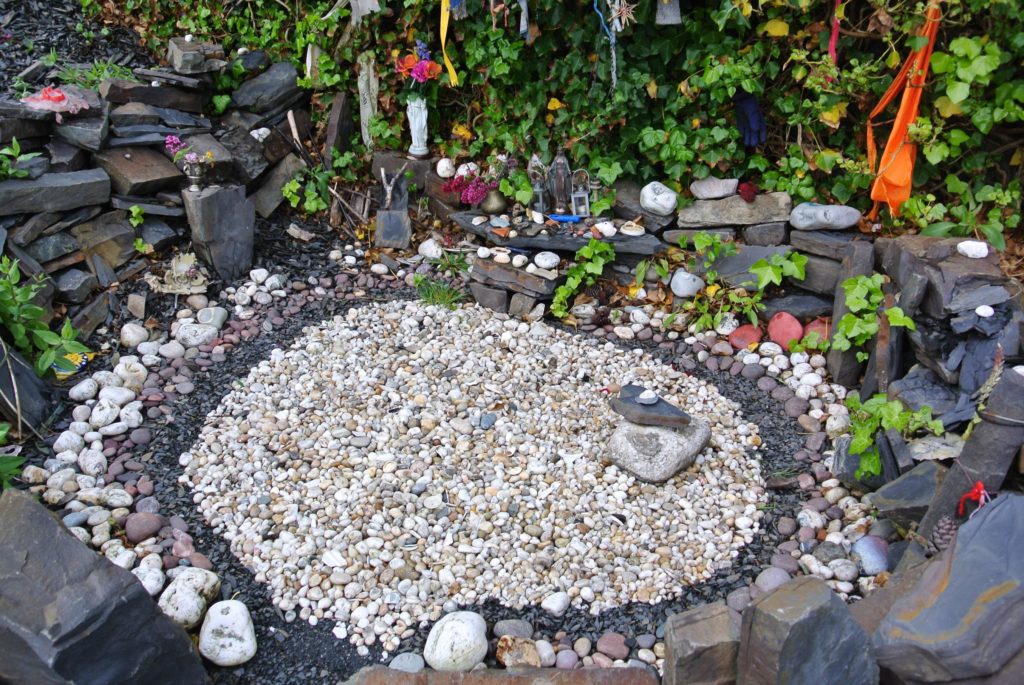
Curious, I asked him to elaborate more about communicating with spirits.
“The key is to find a time and place when the veil is thin, and to then just empty your mind and listen. Mindfulness meditation training helps you to reach that stage.
“The first time I had meaningful contact with the realm of spirits was in Lesotho back in the late 1970s when I visited the Maletsunyane falls. It’s a 600ft drop in the middle of nowhere. The guidebook said there was a snake in the pool at the foot of the falls, but when it talked to me it became clear it was not a snake as such, but the spirit of the falls which expressed itself in snake form. It made it clear to me that I would worship nature from then on. I have done so.”
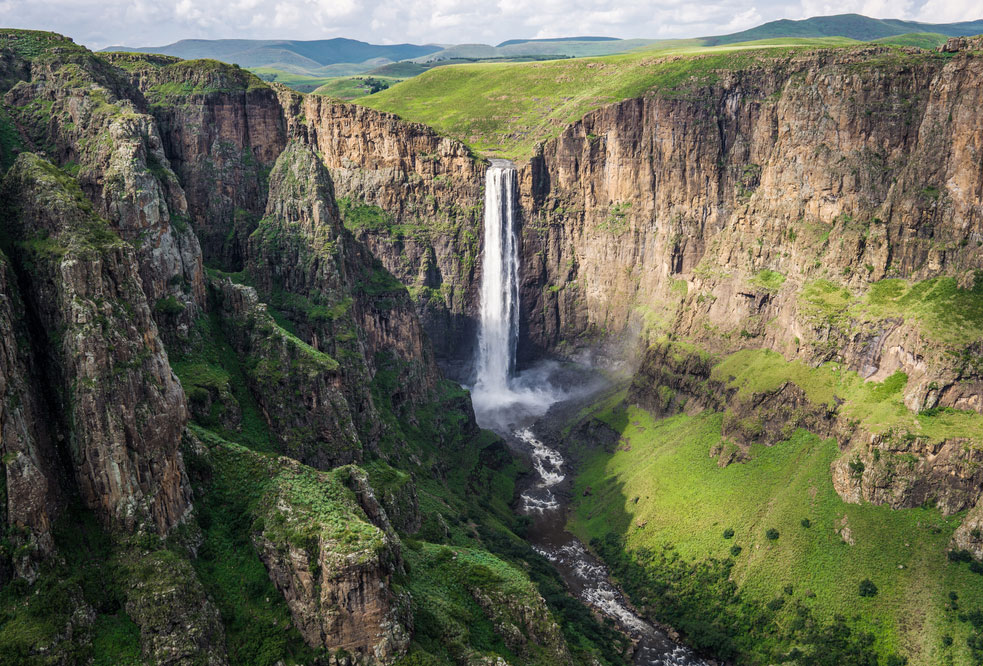
© Sovernigo/Shutterstock
Do Wiccans worship the devil? Is Wicca Satanism?
As I wanted this article to educate and also dispel any commonly touted myths about Wicca, I definitely had to discuss the idea that Wicca is somehow related to Satanism. The answer to this question is a resounding NO – Satan is a Christian construct, and is therefore outside of the scope of Wiccan and Pagan belief systems. Furthermore, Wiccans do not sacrifice or kill.
Unfortunately, this belief is propagated heavily in Christian circles. In a search of a younger Wiccan to provide a counterbalance to Allan’s perspective, I got in touch with Venus, a 17-year-old from Indiana. After asking her about how she became Wiccan, she launched into her story.
“I was raised as a Methodist Christian,” she began. “But as I got older, I started to see issues with Christianity and so I began searching for something else. I had a friend of mine whose family is Wiccan and it was really incredible to see their altar. They had even made statues of the deities they had chosen to worship.
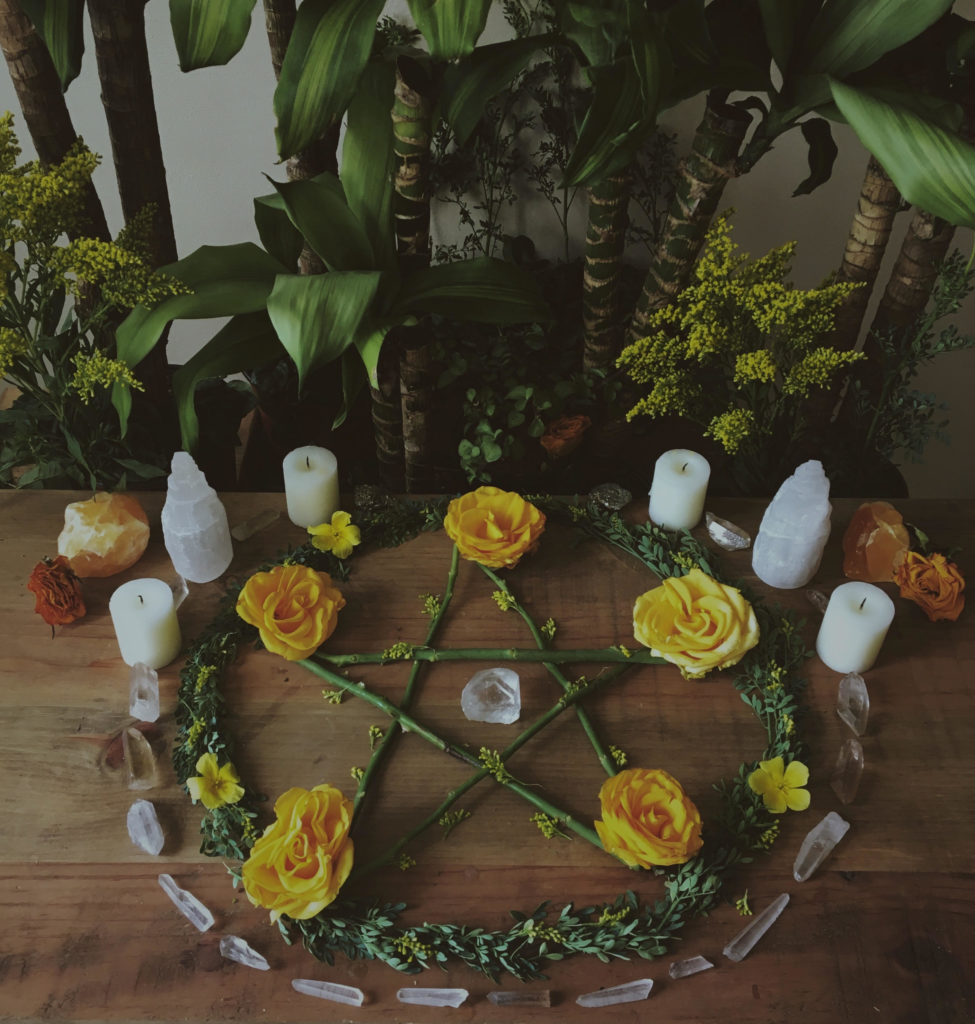
“But, being someone who is in love with nature, Wicca really appealed to me because there isn’t a rulebook. You are allowed to love who you want, have sex before marriage, and do what makes you happy, all without the consequence of being sent to hell.
“As a child, I was so scared of being sent to hell. I was always told that the devil would get me for doing bad things and that’s how my parents kept me in line for the most part. It’s hard to get the guilt and shame out of my mind when it comes to sexuality because of the way I was raised to be, though.
“I think that’s been the most difficult part. Getting everything I was told out of my head.”
I asked her if her parents knew about her new religious affiliation. “They don’t know,” she replied. “They believe that Wiccans worship Satan, but we don’t. Satan doesn’t exist in Wicca. Satan is a Christian thing.
“It’s a little scary, to be honest. My family tried to keep me away from my friend’s family because they are Wiccan, and they believe that they are sexual deviants and drug addicts because of their religion.”
Clearly, these misconceptions about Wicca are not just innocent hearsay – they have a real, negative impact on people’s lives. In fact, it’s not just a problem for Wiccans, but for all religious people in general. Lack of education is such a pervasive problem, and it is the duty of all of us to ensure that we are not quick to jump to conclusions because of our ignorance. Perhaps the world would be a better place if we all kept this in mind before forming opinions on others based on our limited information and biases.
This article does not contain everything there is to know about Wicca. I actively encourage you to go out and learn if you have any questions, and not just for questions about Wicca – sate your curiosity about everything, because the world and everyone in it is beautiful and deserving of being understood.

